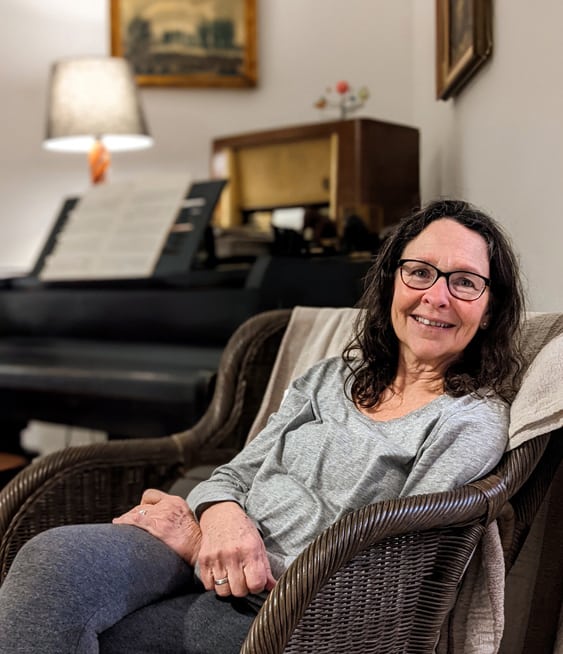Janet Wingate: How I Became an Oxfordian
January 19, 2021

When I read about how others became Oxfordians, I’m always surprised how people know so clearly. My experience was a slower evolution.
As an English literature graduate of Oxford University, of course I studied Shakespeare, but naturally we didn’t talk about the man, only his works — in total contrast to every other writer. “Shakespeare” seemed to me like a mammoth and vague topic that I couldn’t get to grips with. I felt like we only dabbled on the surface studying “imagery” and “heroes with tragic flaws” — all rather meaningless to me.
After I left university in 1983, I had a conversation with my young brother-in-law who was about to study theoretical physics in London. “Why did you study English?” he asked me. “Anyone can do that. If you’re going to go to university you might as well study something you can’t learn elsewhere.”
Well, naturally I was a bit put out by that, especially later when he became fascinated with Shakespeare’s sonnets, learned them by heart, and even recorded himself reading them. “You know,” he said to me, “there seems to be a big mystery in Shakespeare’s sonnets. There’s something hidden there. I’m sure the man had a secret son.”
Sadly, my brother-in-law died young, and having kindled my fascination with “some sort of mystery” about the man Shakespeare — although at that point not the Shakespeare authorship question (“SAQ”) — he isn’t around now to see the fruits of what he sparked.
My first foray into the SAQ was a book by Robin P. Williams called Sweet Swan of Avon: Did a Woman Write Shakespeare? Williams suggested the real writer was Mary Sidney Herbert, Countess of Pembroke (1561–1621). It made me aware there really was a good reason to doubt the traditional authorship.
The nagging mystery never left me after that. Looking on the internet I saw that Sir Francis Bacon, Christopher Marlowe, and Edward de Vere, 17th Earl of Oxford, were the other main candidates. But I read that the case for the Earl of Oxford had been proven false (with no actual disproof provided, however).
So I duly dismissed him, and got to work on Bacon, reading all I could find. Next came Marlowe, many books, websites, all very interesting, but although both candidates had a lot going for them, there was always something which just didn’t fit.
Then I stumbled upon J. Thomas Looney’s book and thought … but?? Hang on! This makes far more sense! From there it was Charlton Ogburn’s The Mysterious William Shakespeare and then all the other classic studies about Oxford, and that was it.
I’m so glad I came to Oxford last, as I feel like I can make a solid comparison. And now there is so much more to the works than just “imagery” and “tragic flaws”! I also understand how influential the internet can be. If a die-hard Stratfordian reads “there is no need to doubt the accepted authorship,” why would he? Until we get our story accepted in the public domain, that’s how it will stay.
So keep up the good work, SOF!
— Janet Wingate
“How I Became an Oxfordian” is a series edited by Bob Meyers. You may submit your essay on this topic (500 words or less in an editable format such as MS Word), along with a digital photo of yourself, to: communications@shakespeareoxfordfellowship.org. Also include a sentence about yourself, e.g.: “Jane Smith is a business owner in Dallas.” You must be an SOF member to submit an essay.
To join the SOF see our membership page. To read other essays in this series, click here.
Membership dues cover only a fraction of our budget, including all our research, preservation and programming. Please support the SOF by making a gift today!
Blue Boar Tavern: Wassail Q&A
Tuesday Dec. 17, 8pm E / 5pm P
Sign up below for event invites!
